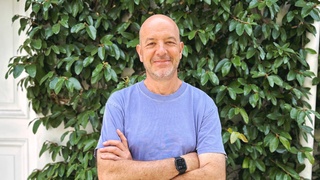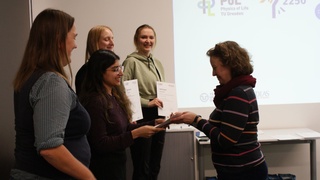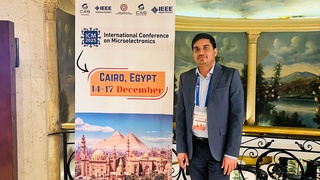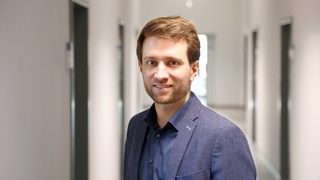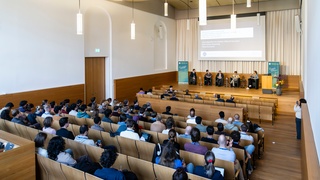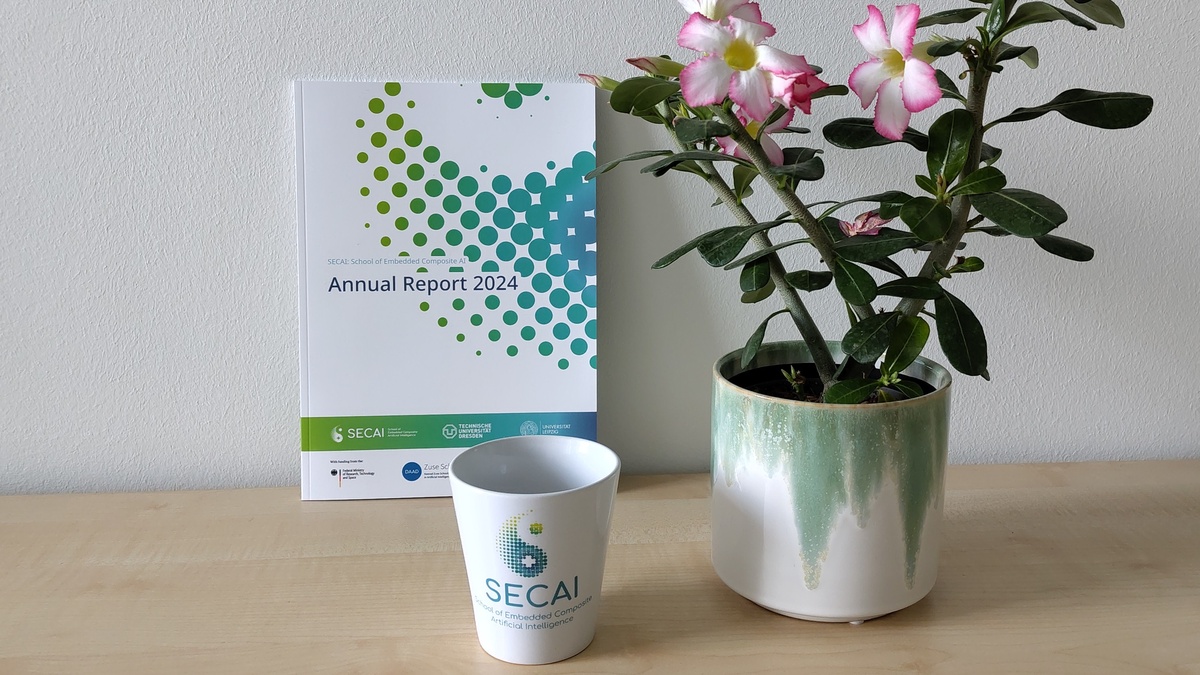
July 17, 2025
SECAI Celebrates its Third Anniversary
On the 1st of July, SECAI celebrated the School's third anniversary and welcomed special guests: the IMAP agency, together with external evaluators, visited SECAI as part of the evaluation of the Zuse Schools Program. This evaluation assesses the program's effectiveness and sustainability. The events and successes of SECAI are also documented in the 2024 annual report, which was published simultaneously and provides a comprehensive review of the key events and developments in the third year of the Zuse School's existence.
The SECAI annual report highlights developments at SECAI in 2024 directed at establishing the School as an excellent training and research environment in the field of artificial intelligence and sheds light on key advances in research, teaching, and international cooperation. It also provides insights into strategic developments, new partnerships, and the diverse activities of SECAI members in Germany and abroad. As part of the inspection by external experts, a selection of these highlights was presented in a lively and interactive program day. Students, doctoral candidates, and professors actively participated in presentations and discussion rounds, presenting current developments, research perspectives, and highlights, as well as opportunities and possibilities for researchers within SECAI.
Excellence in Training and Science
At the heart of SECAI is the SECAI Graduate School and Scholarship Program, which aims to train the next generation of AI experts. The Graduate School comprises a total of 31 PhD students and clinical scientists, with Carolin Schimmelpfennig and Gregory Veldhuizen becoming the first two members to complete their training at the Graduate School in 2024. Over 80 scholarships have now been granted as part of the scholarship program.
 © Sven Ellger
© Sven Ellger
The South African exchange students Luke Slater, Lucas Carr and Aidan Bailey (from l. to r.)
In addition to successfully recruiting the third cohort of promising students and PhD candidates from around the world, SECAI welcomed three exchange students from South Africa to TU Dresden during the summer semester last year. The stay was made possible by an exchange program initiated and financed by SECAI, resulting in research collaborations and joint publications that extended beyond the duration of the stay. The cooperation with the University of Cape Town is an example of how the Zuse Schools use their scholarship program and international research networks to promote intensive and sustainable forms of scientific exchange.
As a complement, PhD students and outstanding students from the University of Leipzig and TU Dresden are supported in research trips and stays at leading international partner institutions. In 2024, numerous SECAI researchers visited international partners, summer schools, symposia, and conferences. For example, Jonas Karge, a doctoral student at SECAI, represented the three DAAD Zuse Schools of Excellence in AI at the conference “Generative AI: Pathways to Democratization, Transparency and Sustainability“ in Tokyo. He then participated in the 25th International Conference on Principles and Practice of Multi-Agent Systems (PRIMA-24), where he was awarded the Best Student Paper Award for his work “Taming Dilation in Imprecise Pooling.”
Building a Bridge Between Science and Industry
To support Germany's pioneering role in the field of AI, SECAI is creating a platform for intensive exchange between science and industry. SECAI is, for example, an active partner in the nationwide Robotics Institute Germany (RIG), which develops forward-looking answers to challenges such as skills shortages, demographic change, and climate change. Under the leadership of SECAI fellows Stefanie Speidel and Frank Fitzek, the focus is on innovative teaching modules, research and start-up programs for students, the establishment of a medical technology cluster, and other robotics-based AI initiatives and outreach formats.
Furthermore, SECAI PhD students receive support in founding start-ups through programs such as LaunchHub42 in Dresden and SMILE in Leipzig. Through collaboration with these programs and the School's network in industry, SECAI specifically promotes the transfer of AI innovations into application and strengthens the regional start-up landscape. Since the school was founded, three promising spin-offs have emerged from the SECAI environment:
- Soron Systems – autonomous navigation of mobile robots and drones
- StratifAI – multimodal AI models for prognostic support in oncology
- AI-DT – accelerated protein design through AI-supported computational methods
SECAI Shapes Scientific and Social Discourse
With the support of SECAI, Fellow Roberto Calandra initiated the first Touch Sensing and Processing Summer School in September 2024. The event offered 40 participants from 15 countries the opportunity to engage intensively with the still young but rapidly growing field of AI-supported tactile sensor technology and to exchange ideas with leading experts from research and industry. In December 2024, the Winter School „Artificial Intelligence, Media and Democracy“ took place in Leipzig – an international collaboration between the University of Leipzig, the University of Padua (Italy), and Sapir Academic College (Israel). SECAI also supports other scientific events, such as Cape-KR, which takes place at the University of Cape Town.

Group picture of the Touch Sensing and Processing Summer School
At the two-day Saxon AI Congress, Fellow Stefanie Speidel discussed ideas with Prime Minister of the Free State of Saxony Michael Kretschmer, on the future of AI during a panel discussion. The event brought together key players from politics, business, and science to discuss the concrete implementation and application of artificial intelligence in practice. The focus was also on current research perspectives in AI, the importance of flagship projects such as SECAI and the clusters of excellence, and the role of Dresden as a center of innovation.

Stefanie Speidel and Michael Kretschmer at the Saxon AI Congress
On the occasion of the 25th anniversary of the Dresden Symphony Orchestra, technology and music merged in an innovative concert. After a conventional first part conducted by a human conductor, a three-armed collaborative robot took over the baton. Fellow Frank Fitzek and his team were responsible for the technical implementation of this extraordinary moment. In close coordination with the conductor and the musicians, the technological tool confidently guided the orchestra through complex rhythmic passages, creating an incomparable concert experience.
